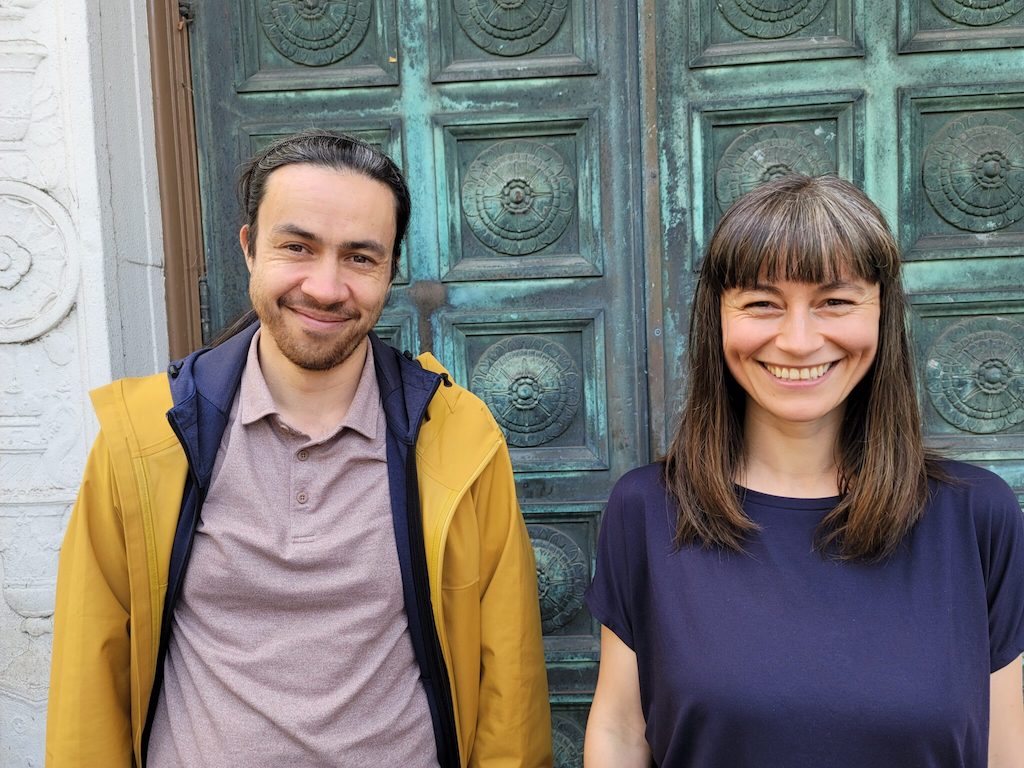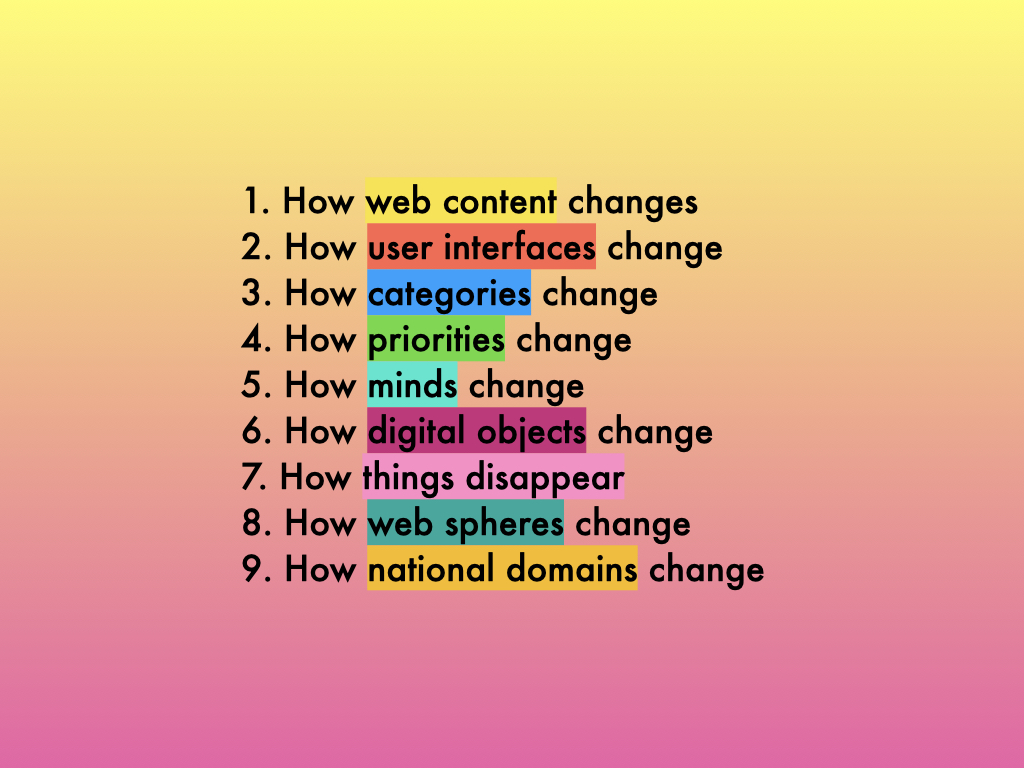Internet Archive feature on web histories
October 11, 2023
On a recent visit to the Internet Archive, Liliana Bounegru and I were interviewed about our research, teaching and engagement activities involving web histories and the Wayback Machine.
There’s a feature on the Internet Archive blog which can be found here. The text is also copied below.

As scholars of digital media studies, Liliana Bounegru and Jonathan Gray say the Internet Archive preserves artifacts that are integral to their work.
The two academics work at King’s College London in the Department of Digital Humanities - Bounegru is a lecturer in digital media and Gray is a senior lecturer in critical infrastructure studies. They are both interested in studying how media has changed with digital technology. The Internet Archive collection has been useful as they examine the history of the web, trends and evolution of websites and changes in technology, society and culture.
In one study of online myths and disinformation, the researchers used the Wayback Machine to understand how tracker signatures (snippets of code that embed ads and analytics on a website) of viral “fake news” sites changed over time. As websites were blacklisted from major ad networks, they looked up the archived versions of the websites to follow how their money-making practices via ads changed over time. This project was completed in collaboration with BuzzFeed news, which published an article about the findings and analytical techniques.
This investigation builds on work that Bounegru and Gray did with First Draft, a nonprofit that works with journalists to support investigations around misinformation. They analyzed the tracker signatures of mainstream news sites alongside those of junk news sites to understand their different monetization and audience economics practices.
As a result of their investigations, the researchers created A Field Guide to Fake News that explores how digital methods can be used to study false viral news, political memes, and trolling practices. “It became widely used by a network of hundreds of media organizations and fact checking groups as well as for training people doing investigative work on disinformation,” Gray said. Together with other collaborators at the Public Data Lab which they co-founded, Bounegru and Gray wrote a paper in New Media & Society about the threat of misleading junk news on social, economic and political life and the questions that it raises about social media and online content sharing platforms.
Gray has long been interested in the politics of open and public data and is writing a book on the subject. This involves tracing how open data policies and practices have developed around the world, and he said it’s been valuable to be able to search and analyze open data websites through the Wayback Machine. As part of research for the book he published an article in Data & Policy, from Cambridge University Press, about the rise of data portals as online devices for making data public.
”In the case of data portals such as data.gov.uk we see a shift from more sociable and experimental design approaches aiming to surface questions, engage communities and support cultures of socially oriented invention to more muted, minimal expert facing infrastructures,” said Gray. “It could be considered a certain kind of success for open data advocates that portals have become so established and institutionalized, but also suggests that maybe there’s less interest in being inclusive,accessible, responsive or thoughtful in reaching communities that may be less technically oriented or those who don’t already know what they are looking for or what kinds of data is likely to be found.”
In working with their students, both Bounegru and Gray share ways that the Internet Archive can be useful for research. Through hands-on research activities with the Wayback Machine they explore how it can show how web content, user interfaces and web categories change. It can even provide evidence of broader societal change, such as how political views have shifted over time. The Archive can reveal large-scale changes and allow researchers, journalists, students and community groups to gain a richer appreciation of digital media history.
Added Bounegru: “We use the Internet Archive a lot. It is an essential tool for our research.”
